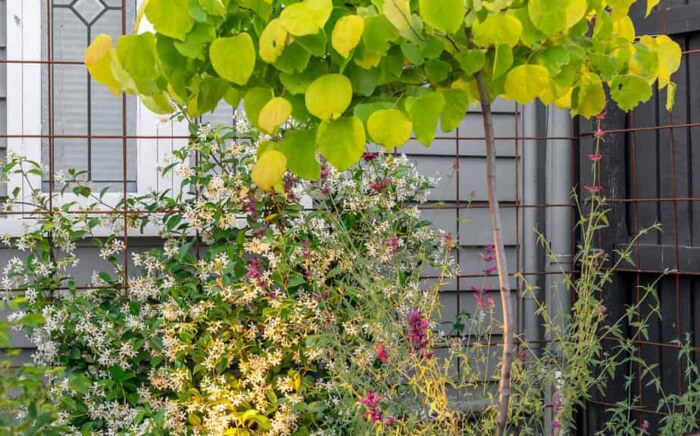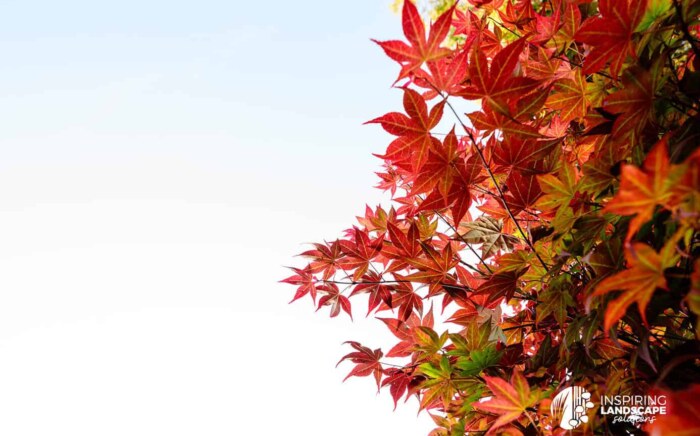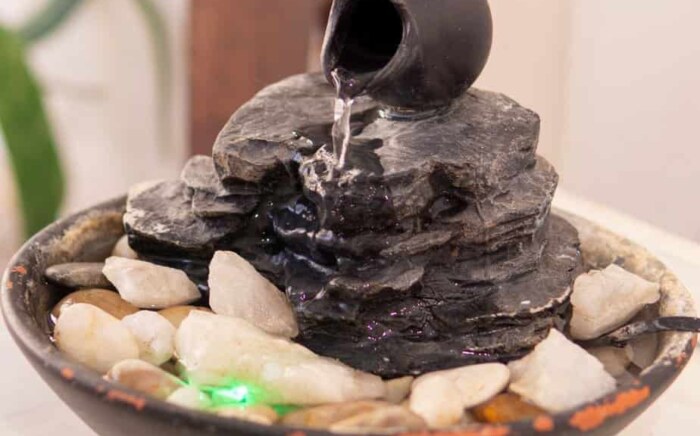Spring is nearly here! I can’t wait to see my garden awaken although I’ve thoroughly enjoyed the winter display thus far. Benefits of designing a garden catering for seasoning impacts I guess! Yes, selecting plants is so important. Especially the right plants! I can imagine the beautiful influx of butterflies, native bees, cockatoos and rainbow lorikeets that will visit my garden soon. Not to mention the colourful floral display that spans the spring and summer months. Love it!
I’m lucky though that I don’t have any allergies. However, many family and friends do. They admire natures beauty from afar and practically rush in my door before they get a whiff of anything pollen or otherwise that may set them off. Achoo! Yup that’s a very familiar sound. My dad didn’t go without a day without sneezing and complaining about it whenever he visited. He’s not alone. There are 2 million Australians or more who suffer from hay fever or seasonal allergies.
Allergens, such as pollen and mould peak in the warm weather months, and unfortunately make it difficult for a garden lover hayfever or asthma sufferer to fully enjoy the perks of being outdoors. Knowing what type of plants and trees are most likely to trigger allergies and designing a garden around these complications may be a game changer. Well for those who are affected anyway.
Here are some tips I’d like to share with you when selecting plants for your garden:
Tip #1 – Lawn
Reduce your lawn size or use a low pollen producing variety. You could also consider replanting the lawn by substituting turf with groundcovers or design in hard surfacing, large islands of mulch and pathways or garden beds.
Tip #2 – Use of natives
Use native plants where possible and especially those with bright showy flowers. These are generally pollinated by insects or birds. Plants with small inconspicuous flowers are generally wind-pollinated. It is the wind-pollinated plants that should be avoided by people with asthma or allergies. The additional benefit of planting natives is that most are low maintenance and water wise plants that are used to the hard conditions of the Australian climate.
Tip #3 – Scents
Whilst selecting plants that are scented may not cause an asthmatic reaction, strong scents may be off-putting to hayfever sufferers. Consider your selection carefully before making the purchase. Sometimes reading the label is simply not enough. You need to research it a little more. There are some good publications in the market. Among those is the publication put out by the Asthma Foundation of Victoria entitled The Low Allergen Garden, for example.
Tip #4 – Selecting plants
Below is a list of plants that are good for Asthmatics, these are usually insect-pollinated, or sterile and usually propagated by cuttings or grafting:
HERBS – Basil, Chives, Dill, Fennel, Horseradish, Marjoram, Mint, Oregano, Parsley, Rosemary, Sage, Summer Savoury, Tarragon and Thyme. AVOID Chamomile and Wormwood.
GROUND COVERS – Kidney Weed, Lobelia, Hibbertia, Native Violet, Pratia, Rosemary (prostrate), Pelargoniums, Rose Baeckia, Snow in Summer, Tea tree, Thyme
GRASSES – include Santa Ana Couch, Windsor Couch, Kangaroo Grass, Rice or Weeping Grass. AVOID Carex’s.
FLOWERS and SHRUBS – Common ones include Alyssum, Azaleas, some Roses, Begonia, Camelias, Correa Alba, Cyclamen, Foxgloves, Gardenia, Lobelia, Nasturtium, Pansy, Petunia, Rhododendrons, Rosemary, Salvia, Snapdragon, Verbena, Viola, Westringia and some bulbs. AVOID the Asteraceae family of daisies including Chrysanthemum, Calendulas, Marigolds, Echinacea, Lavendar, Hydrangeas.
CLIMBERS – include climbing Roses, Geraniums, Kiwi Fruit, Passionfruit, Star Jasmine, Trumpet Vine, Wonga Vine, Crimson Passionflower.
TREES – include Almond, Apricot, Sweet Bay, Lillypilly, Citrus species, some Crab Apples, Pincushion Hakea, Willow Myrtle, Maidenhair tree, Old Man Banksia, most Prunus species, and Peppermint Gum.
If you’ve got questions on creating an allergy free garden, feel free to contact us or book an appointment. We take your needs seriously when designing a garden or selecting plants for you as ultimately you need to enjoy and live in the garden you’re investing in!
Our passion your garden!
Vermont South A

Kew

Kew

Kew

Glen Waverley

Blackburn




